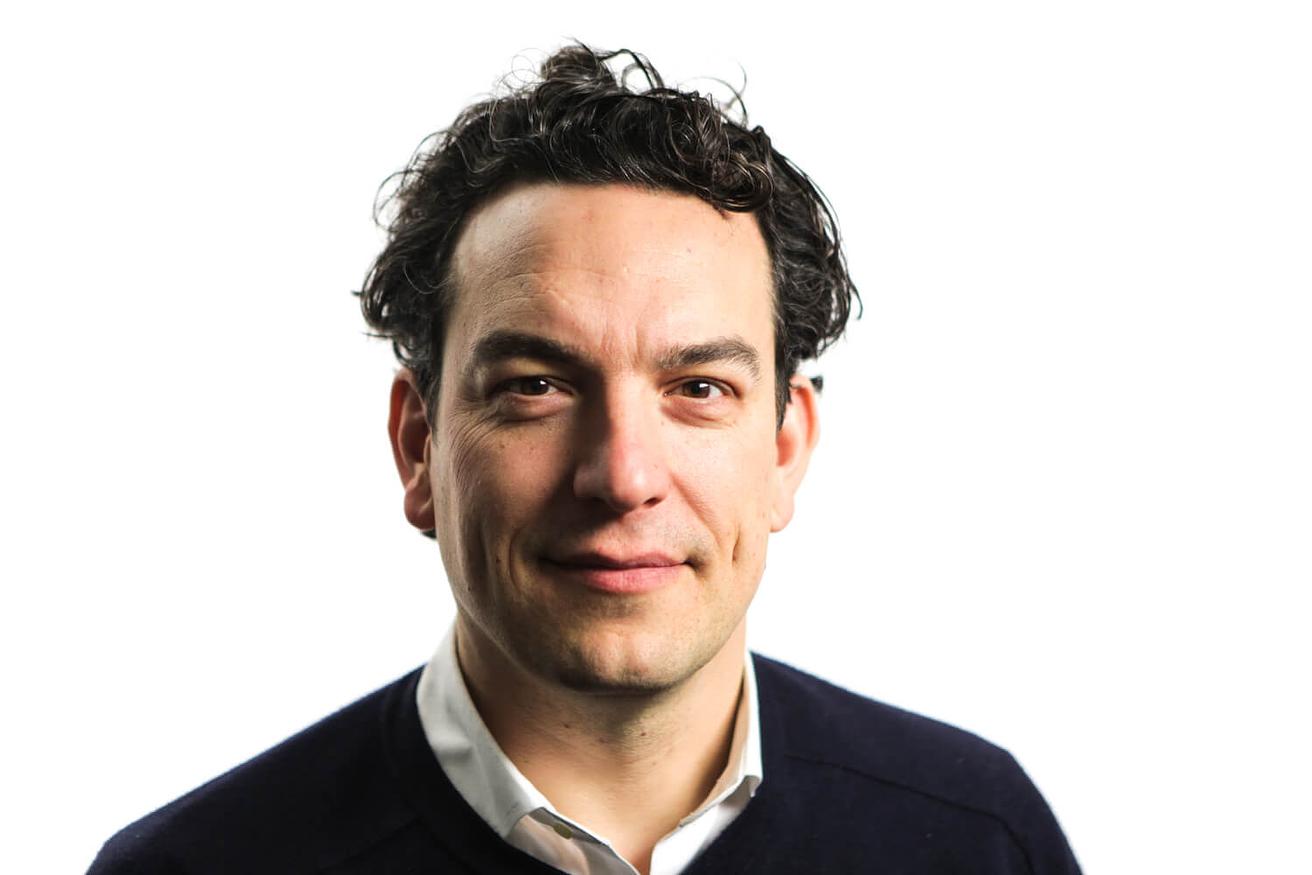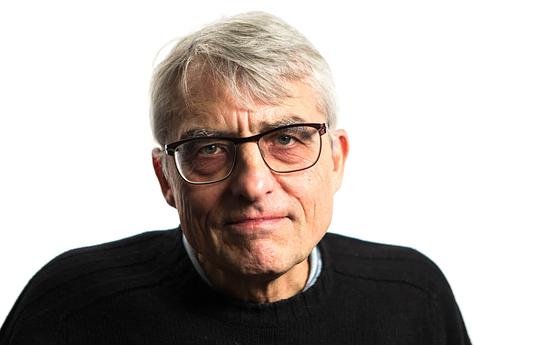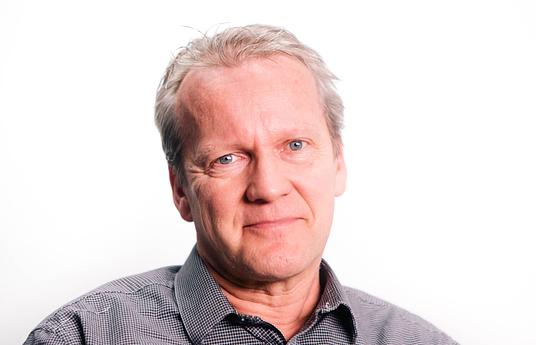Bas Verhart
Bas Verhart is a creative entrepreneur and co-founder of THNK, The School of Creative Leadership.
Skills
Are schools teaching the skills students need?
No.
The question is: ‘what are we taking out of the current system?’
One answer is, we need to take a ‘moonshot’ and change everything. If you take the analogy of a moonshot, which is going to the moon and leaving Earth, and apply that to education it means leaving everything behind and starting new.
I love moonshot thinking, but I’m more from the school of ‘what can you take out and what do you put in?’
In terms of skill development we should look at essential literacies, such as creativity, innovation, happiness and well-being etc, which I think are almost like a language. It’s less knowledge - it’s how you use building blocks. Those are essential for any human being.
If you look at the world as we have it now, it’s indeed the twenty-first century if only fifteen years into the century. In the previous century we made a lot of mess. What I like about HundrED is that by looking at the next 100 years, it asks the question: ‘how can we as humanity change in a way so that life on Earth is sustainable?’ Education is the only way to change that.
My prediction is that if we change education, we change our DNA. Our DNA will hopefully allow us to be more future oriented and therefore we need to have future oriented skills.
Teachers
What is the role of the teacher?
The role of teachers is of facilitating, inspiring, storytelling, empowering and really seeing the classroom as a team of young individuals, as well as orchestrating the energy in a group. The role of the teacher is extremely important.
At the same time, the profession of teaching is being disrupted and is under pressure. For teachers themselves this provides a unique opportunity to learn what I call ‘future making skills’ - how to reinvent themselves. Everybody in society needs to reinvent themselves. That’s a big role.
I do believe that lecturing, or being in front of the class, is great if you apply storytelling and really inspire people.
You see a lot of research on how when people talk about the most important people in their life they mention this one teacher who was very instrumental for their growth, who respected them as an individual. We need to have those teachers, and so we need to teach teachers how to become that.
Assessment
Do you think standardized testing is an effective way to assess learning?
Standardized testing is good if you want standardized people. I am more interested in building on the uniqueness of individual children and students. I think it’s good to be able to compare people, but like an IQ test, it’s a general statement of something.
Testing for basics is fine but it’s more important to look at the whole person, at emotional, social and creative intelligences - at all the forms of intelligence. We should respect that more. Also with testing there’s a matter of ranking that I’m not a big fan of. If you do what you’re really good at, you are a student of what you’re learning.
Environments
What would be the most exciting learning environment?
The most exciting learning environment for me is nature, because it has everything. Where I come from, we tend to forget it. We’ve also made such a mess of it, so in the next 100 years we need to recreate it. Then by definition it becomes culture - agriculture of forest culture. We need to let it grow again.
If you look at nature methodologies such as biomimicry, at what nature creates by itself, what you can learn from it is an inspiration for your whole health and well-being. Being in green spaces is good for children and teachers. So that’s one learning environment.
The second one, although I find it frightening, is space. 100 years from now, can you imagine what we’ll be doing in space? Now everybody wants to do commercial space travel. Is it real and what does it mean? It’s not my favorite environment, but you need to think about it.
On one end we always overestimate the short-term effects of technology or other things such as our personal development. There are so many opportunities out there.
I think bringing us back into nature is essential, making sure that biodiversity is healthy again and not depleting our planet. Education is at the basis of that, so why not have a classroom in nature like the Green School in Bali. We should have more green and more schools in nature.
Personal memory
What was your favorite moment from your own education?
The moment I dropped out and became an entrepreneur.
I think that people who want to shape the future have a hard time in educational systems. We need to embrace individuals who are future oriented, because they are the shapers. They become the creators, the designers, the architects, the entrepreneurs.
The next 100 years
The next 100 years of Finnish education should… continue on this route, because the Finnish system is leading the world.
It should challenge itself to ignite the next breakthrough so the rest of the world will be inspired to follow.





